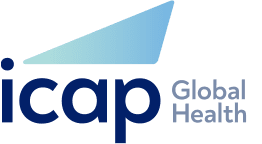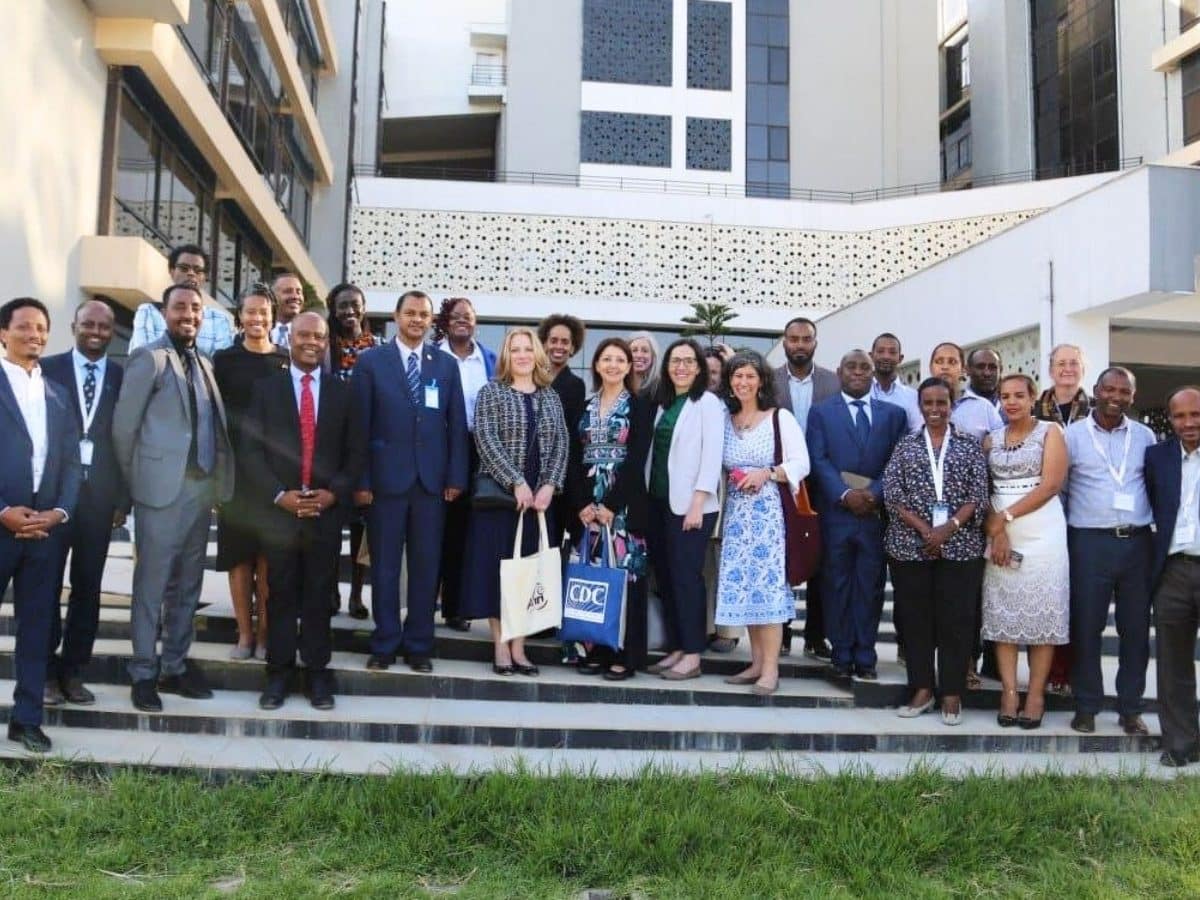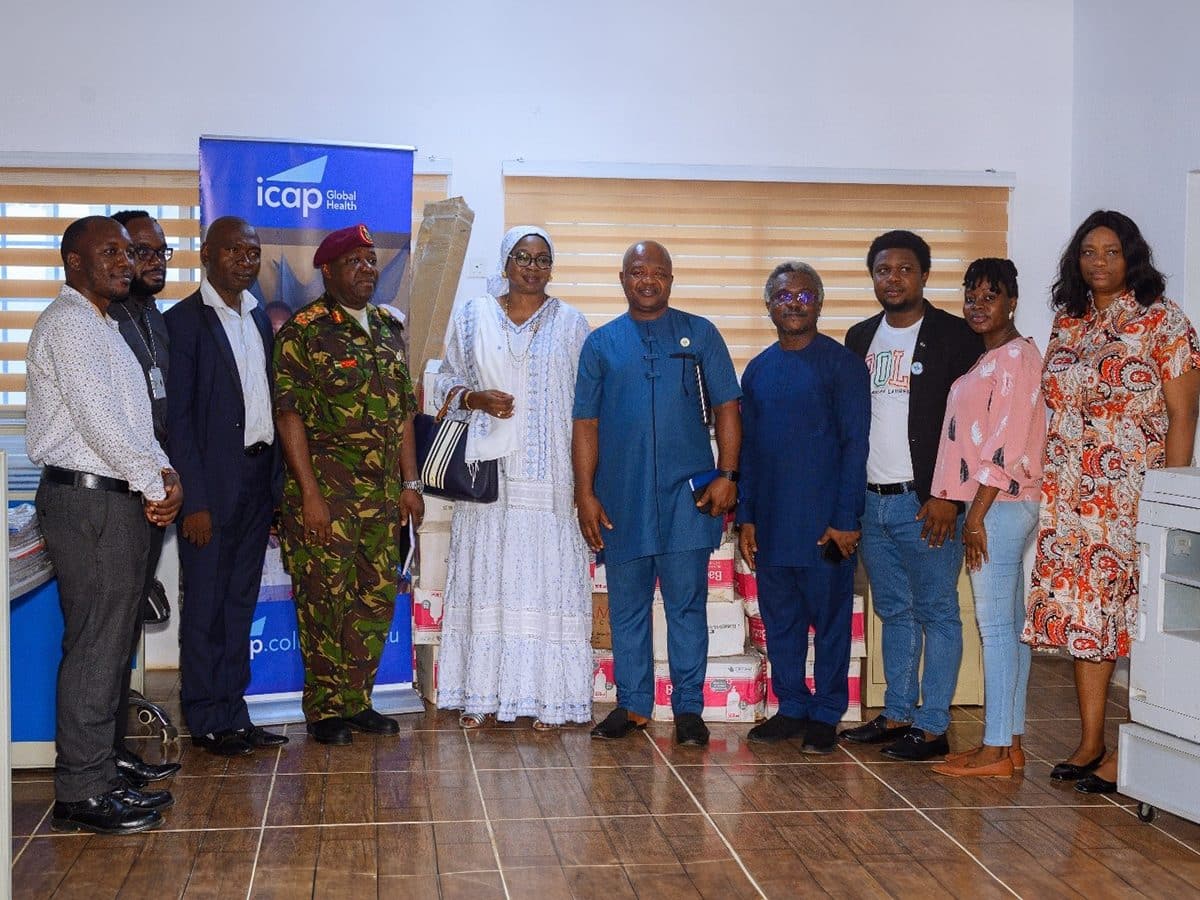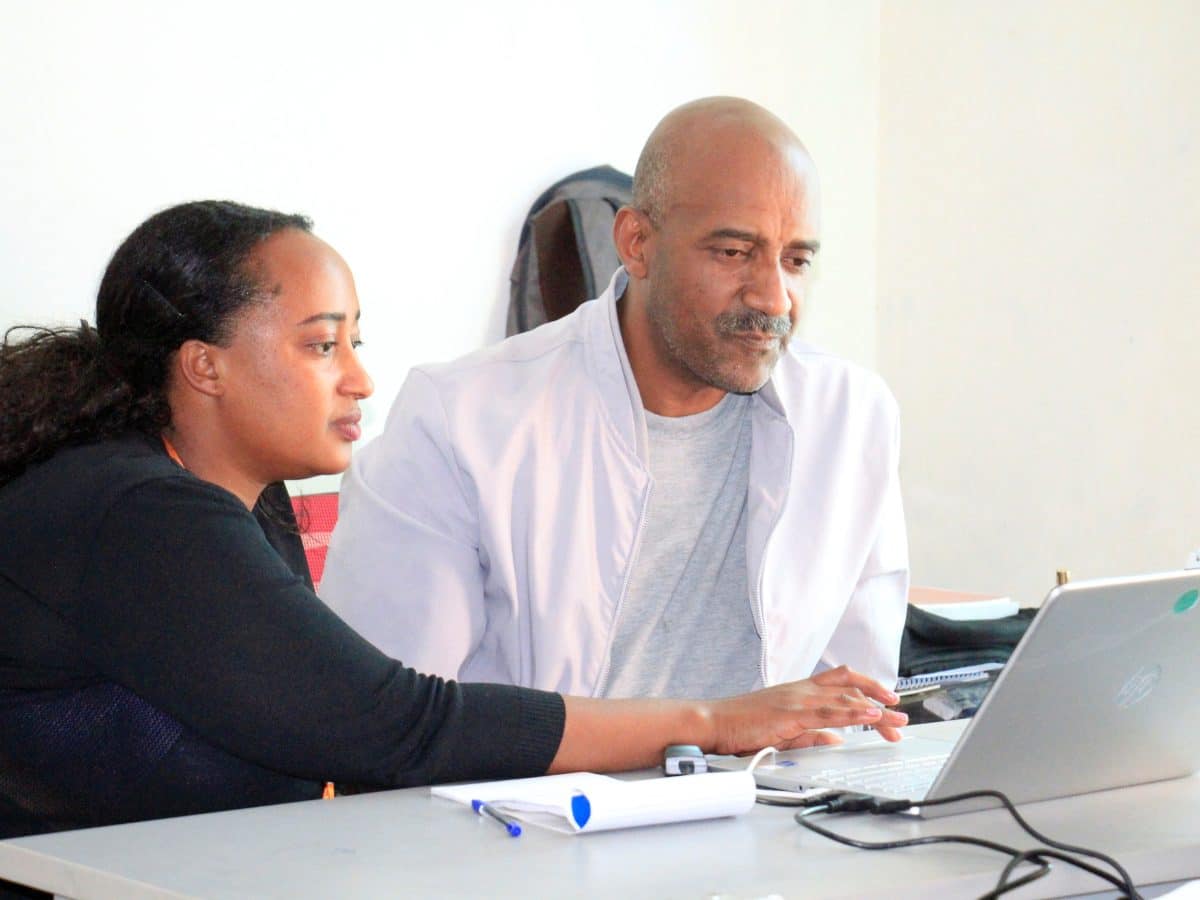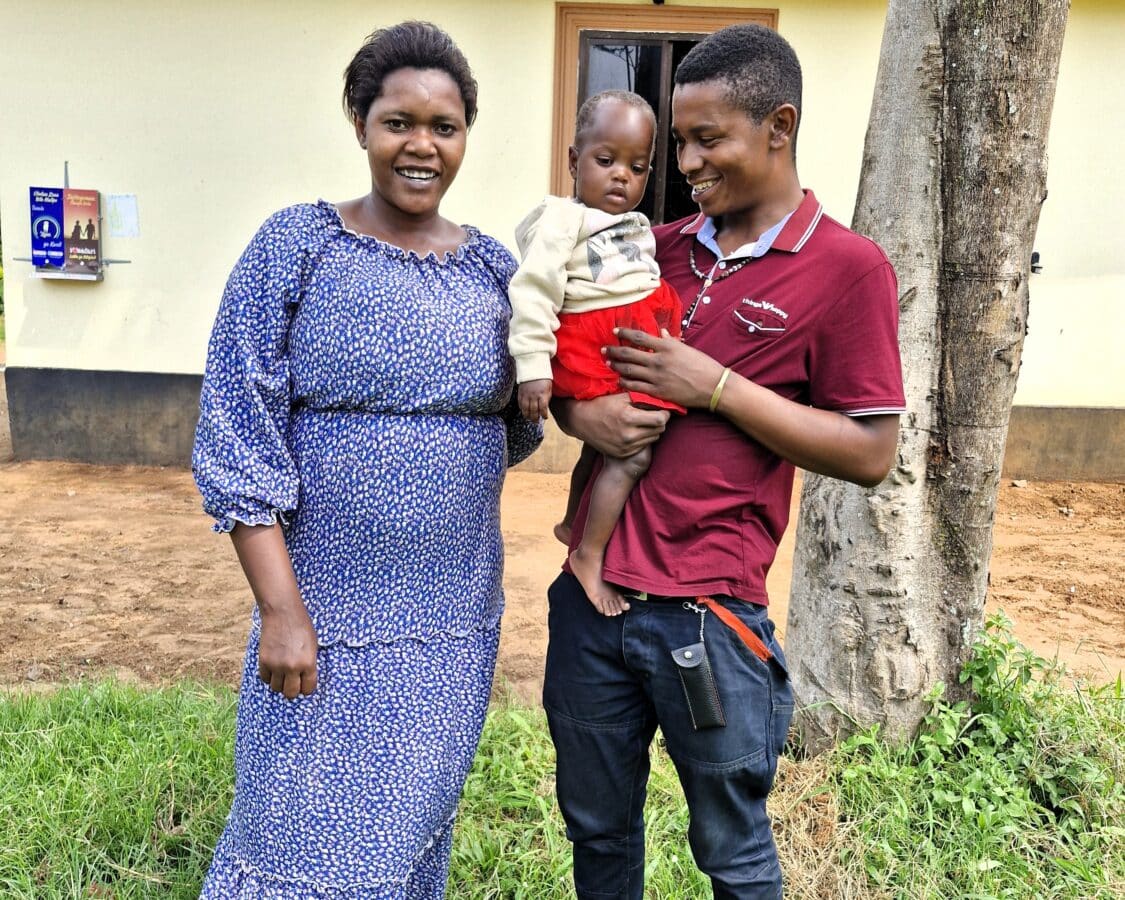This past November ICAP convened Swaziland’s 10th National HIV Semi-Annual Review (NaHSAR). It was an opportunity for the Swaziland National AIDS Program (SNAP), the Ministry of Health (MOH), PEPFAR, CDC, USAID, and implementing partners to reflect on five years of progress in HIV prevention, care and treatment. This review was a celebration of successes that have shaped HIV services in Swaziland, leading to, at 90 percent, one of the highest rates of HIV patient retention in care in the world.
Conceived by ICAP and SNAP to ensure all supported HIV care and treatment facilities use data for quality improvement, the twice-yearly review gathers strategic health information from clinics, health centers, and hospitals. The NaHSAR offers a platform for implementing partners to share data and make recommendations that help the MOH and its partners address prevention, care and treatment program challenges.
The U.S. Ambassador to Swaziland Makila James, senior representatives of the MOH, Dr. Okello Velephi and Dr. Mthethwa Simangele, and PEPFAR leadership honored the best performing health facilities in major data categories that were used as quality improvement measures. Awards were given for HIV care and treatment, prevention of mother-to-child transmission (PMTCT), tuberculosis and HIV services, antiretroviral treatment (ART), and pre-ART. ICAP-supported facilities, Mankayane Hospital and Lamverase Clinic, were recognized for the best pre-ART and the best overall ART services, respectively.
Through PEPFAR’s support, ICAP and other implementing partners provide institutional support to the MOH and SNAP; build capacity through supportive supervision; develop health infrastructure by improving laboratories and renovating health facilities; and enhance the collection and use of HIV data through projects such as the ICAP-led “Swaziland HIV Incidence Measurement Survey (SHIMS).”:http://shims.icap.columbia.edu/
In her remarks during the awards dinner, U.S. Ambassador James reflected on Swaziland and PEPFAR achievements, including universal access to and coverage of HIV care and treatment and PMTCT services. In five years, these collective efforts have resulted in over 117,000 patients nation-wide initiated on ART, with over 83,000 (70%) receiving treatment in ICAP-supported health facilities. In October 2009, 47 facilities were providing ART and now 133 facilities provide treatment—97 are ICAP-supported.
The culmination of NaHSAR showcased the value of collecting, managing and analyzing strategic information for HIV and using data to inform the planning and monitoring of programmatic decisions. In closing the awards ceremony, U.S. Ambassador James stressed the need for continued collaboration between PEPFAR implementing partners and in-country management teams to design and execute targeted, evidence–based, and sustainable interventions to maintain focus and momentum in Swaziland’s HIV response.

